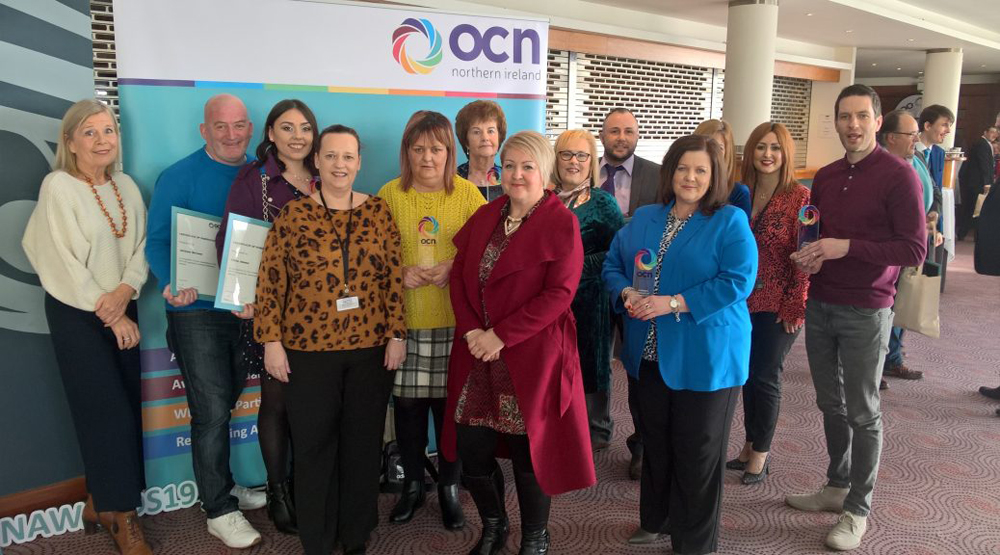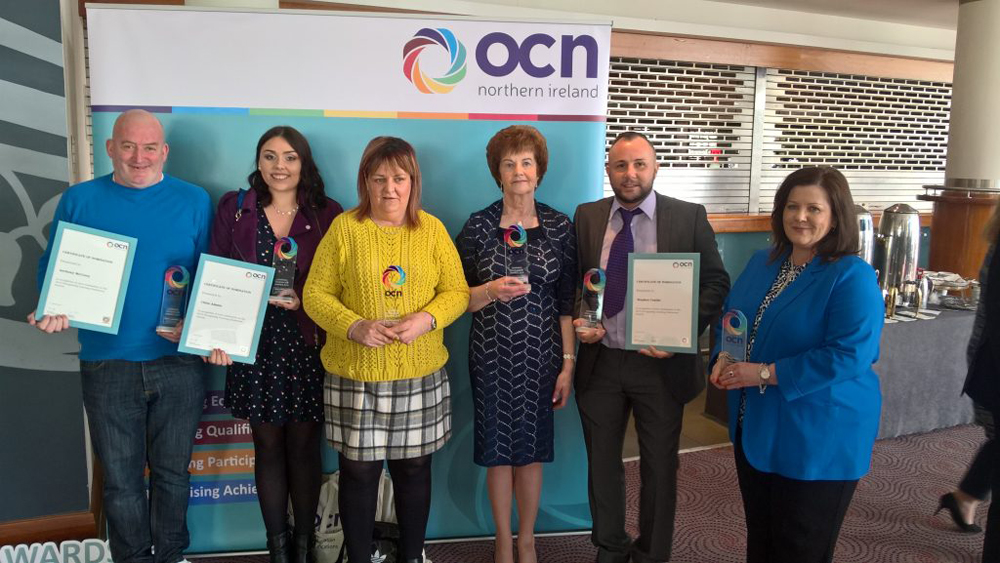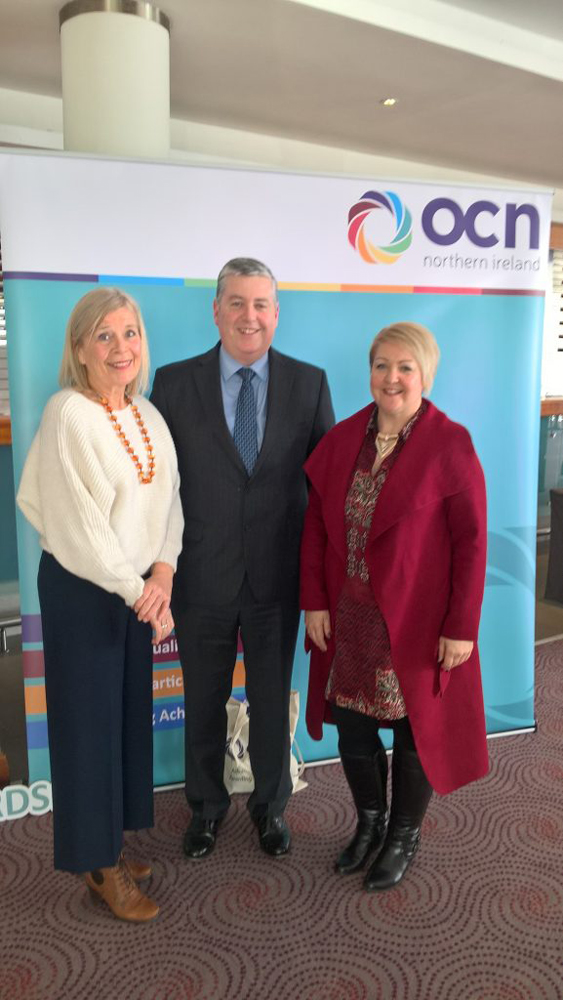 It’s World Sleep Day today and as you look forward to slipping under the covers for a good night’s rest it’s an unfortunate fact that sleep is not something that comes easily for everyone.
It’s World Sleep Day today and as you look forward to slipping under the covers for a good night’s rest it’s an unfortunate fact that sleep is not something that comes easily for everyone.
There are many reasons why people find it difficult to sleep. Among the factors in today’s tech-obsessed world is excessive screen time – most notably related to our smart phones.
A study by Harvard University, as outlined by the magazine Psychology Today, listed six reasons why our phones are keeping us awake. From playing havoc with our circadian rhythms and REM sleep, they also prolong the length of time it takes to get to sleep. The gadgets are also to blame for suppressing our melatonin secretion – which promotes deep, restorative sleep – as well as keeping us more alert when we want to wind down.
And according to the Harvard study, reading a screen before sleeping will cause you to feel more sleepy and groggy when you wake up in the morning. Those who read from a screen before bed reported taking hours longer to fully “wake up” the next day, compared to those who read a printed book instead.
Read the full report here: https://www.psychologytoday.com/gb/blog/prescriptions-life/201804/6-ways-night-time-phone-use-destroys-your-sleep
If sleep is a luxury for you there are a number of tips offered below, summarised from studies by the Royal College of Psychiatrists. (See their comprehensive advice on sleep here: https://www.rcpsych.ac.uk/mental-health/problems-disorders/sleeping-well
What happens when you sleep?
World Sleep Day
It’s World Sleep Day today and as you look forward to slipping under the covers for a good night’s rest it’s an unfortunate fact that sleep is not something that comes easily for everyone.
There are many reasons why people find it difficult to sleep. Among the factors in today’s tech-obsessed world is excessive screen time – most notably related to our smart phones.
It’s World Sleep Day today and as you look forward to slipping under the covers for a good night’s rest it’s an unfortunate fact that sleep is not something that comes easily for everyone.
There are many reasons why people find it difficult to sleep. Among the factors in today’s tech-obsessed world is excessive screen time – most notably related to our smart phones.
A study by Harvard University, as outlined by the magazine Psychology Today, listed six reasons why our phones are keeping us awake. From playing havoc with our circadian rhythms and REM sleep, they also prolong the length of time it takes to get to sleep. The gadgets are also to blame for suppressing our melatonin secretion – which promotes deep, restorative sleep – as well as keeping us more alert when we want to wind down.
And according to the Harvard study, reading a screen before sleeping will cause you to feel more sleepy and groggy when you wake up in the morning. Those who read from a screen before bed reported taking hours longer to fully “wake up” the next day, compared to those who read a printed book instead.
Read the full report here: https://www.psychologytoday.com/gb/blog/prescriptions-life/201804/6-ways-night-time-phone-use-destroys-your-sleep
If sleep is a luxury for you there are a number of tips offered below, summarised from studies by the Royal College of Psychiatrists. (See their comprehensive advice on sleep here: https://www.rcpsych.ac.uk/mental-health/problems-disorders/sleeping-well
What happens when you sleep?
When you enter the land of nod you first become unconscious, passing through different stages. The two main ones are Rapid Eye Movement (REM) sleep, which comes and goes throughout the night, making up one fifth of your sleep. At this stage the brain is very active, your eyes move quickly from side to side. During Non-REM sleep your brain is quiet and though you are still unconscious your body moves around more. This is also the sleep in which your body repairs itself after the wear and tear of the day. During this stage you pass through pre-sleep, light sleep and slow wave sleep, when you may talk in your sleep or sleep walk. On an average night, most people wake up for one or two minutes every two hours or so. You might not be aware of this and go back to sleep but you may remember them if you feel anxious or if there are external noises – like snoring partners.
How much sleep is enough?
How much sleep we need depends on our age. While babies will sleep for about 17 hours a day, older kids need only nine to 10 hours each night. We all know most adults need around eight hours’ sleep each night, and while older people need the same amount of sleep they will often only have one period of deep sleep during the night. When you don’t get enough sleep – apart from the occasional night which won’t affect your health – you may, following several sleepness nights start to feel the effects. Not only will you feel tired all the time and find it difficult to concentrate and make decision, it can also start to make you feel depressed.
Why do I have problems sleeping?
There are many everyday reasons for not sleeping well, from the room being too hot or cold, to the fact you don’t stick to a regular sleep routine, aren’t getting enough exercise or eat too late. Cigarettes, alcohol and caffeinated drinks like tea, coffee and some fizzy drinks can keep you awake, as can pain and illness. There are myriad physical and medical problems which can prevent you from getting a decent night’s sleep every day. And while worries and the stresses of work can prevent our slumber, anxiety or depression is also a major factor for some.
Do’s
There are a number of things you can do to help create a good sleeping environment from ensuring your bed and bedroom are comfortable, to making sure your bed is neither too soft nor firm. There are manifold other tips:
- Get some exercise. Don’t overdo it, but try some regular swimming or walking. The best time to exercise is in the daytime – particularly late afternoon or early evening. Later than this can disturb your sleep.
- Take some time to relax properly before going to bed. Some people find aromatherapy helpful.
- If something is troubling you and there is nothing you can do about it right away, try writing it down before going to bed and then tell yourself to deal with it tomorrow.
- If you can’t sleep, get up and do something relaxing. Read, watch television or listen to quiet music. After a while, you should feel tired enough to go to bed again.
Don’ts
On top of following a good routine bed and waking time and avoiding caffeine, there are other things you should refrain from if you aim to sleep for the recommended eight hours a night.
- Don’t drink a lot of alcohol. It may help you fall asleep, but you will almost certainly wake up during the night.
- Don’t eat or drink a lot late at night. Try to have your supper early in the evening rather than late.
- If you’ve had a bad night, don’t sleep in the next day – it will make it harder to get off to sleep the following night.
- Don’t use slimming pills – many of these will keep you awake.
- Don’t use street drugs like Ecstasy, cocaine and amphetamines – they are stimulants, and like caffeine, will tend to keep you awake.
If the problem persists see your doctor
If you try these tips and you still can’t sleep, go and see your doctor. You can talk over any problems that may be interfering with your sleep. Your doctor can check that your sleeplessness is not due to a physical illness, a prescribed medicine, or emotional problems. There is evidence that cognitive behavioural therapy can be helpful if you haven’t been sleeping well for some time.
 My name is Brendan Lemon and I am 48 years old. I have suffered with some form or other of mental health problems since birth but all those years ago there wasn’t the same awareness of mental health issues as there are today. Your behaviour may have been put down to being a troublemaker, a bad boy or even worse, when in all honesty you were struggling and trying to deal with what was going on within yourself, wondering how every else was managing life the best – or so it seemed.
My name is Brendan Lemon and I am 48 years old. I have suffered with some form or other of mental health problems since birth but all those years ago there wasn’t the same awareness of mental health issues as there are today. Your behaviour may have been put down to being a troublemaker, a bad boy or even worse, when in all honesty you were struggling and trying to deal with what was going on within yourself, wondering how every else was managing life the best – or so it seemed.







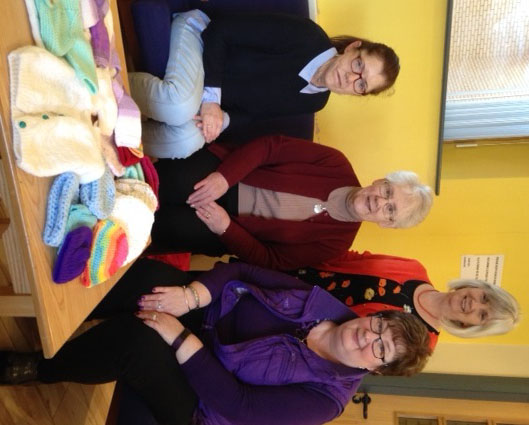
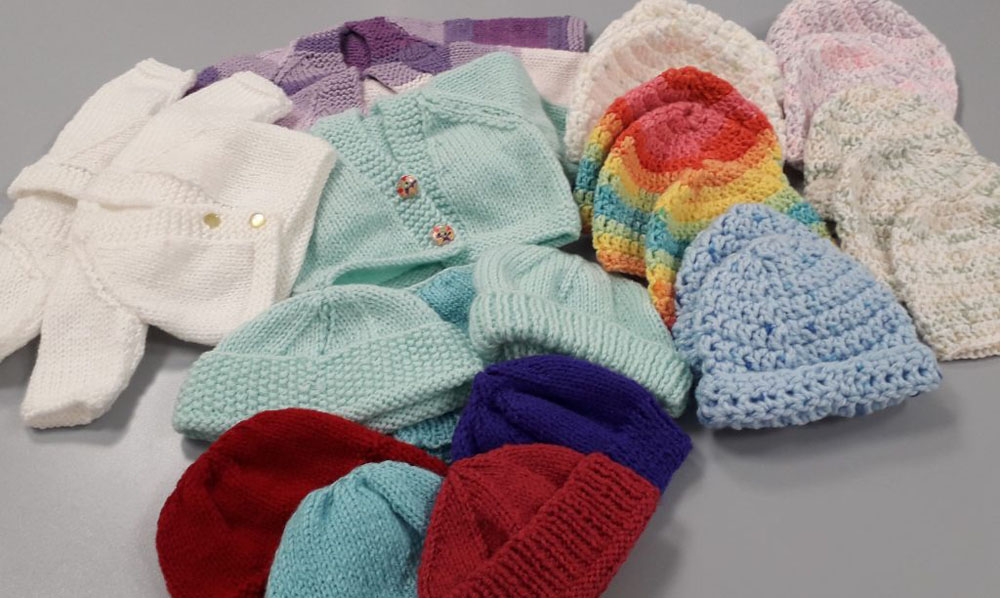
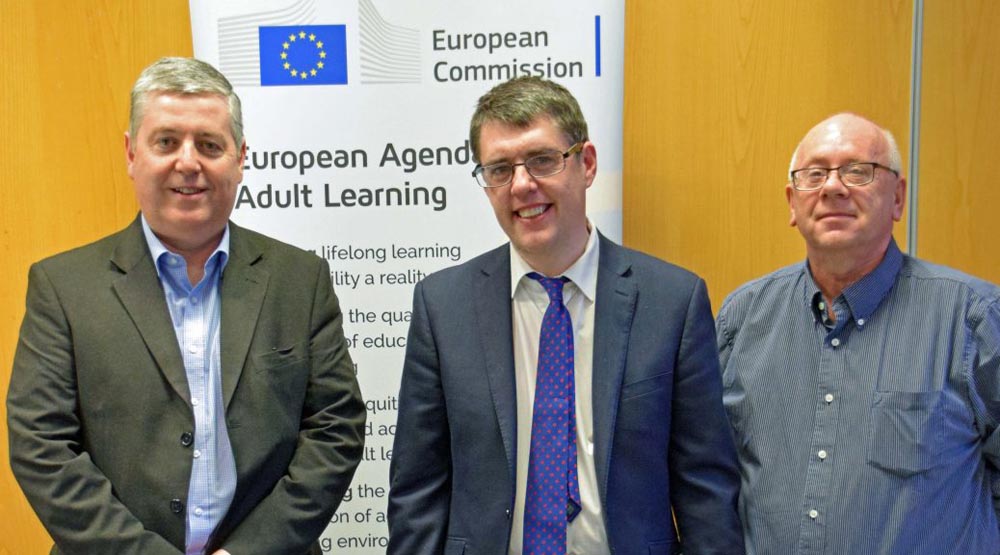
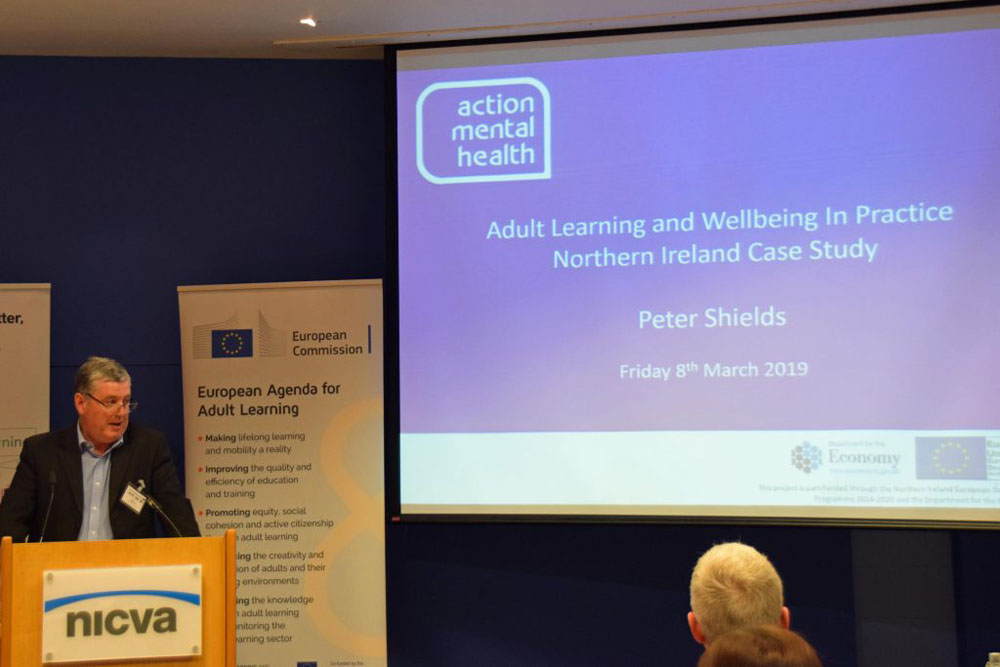
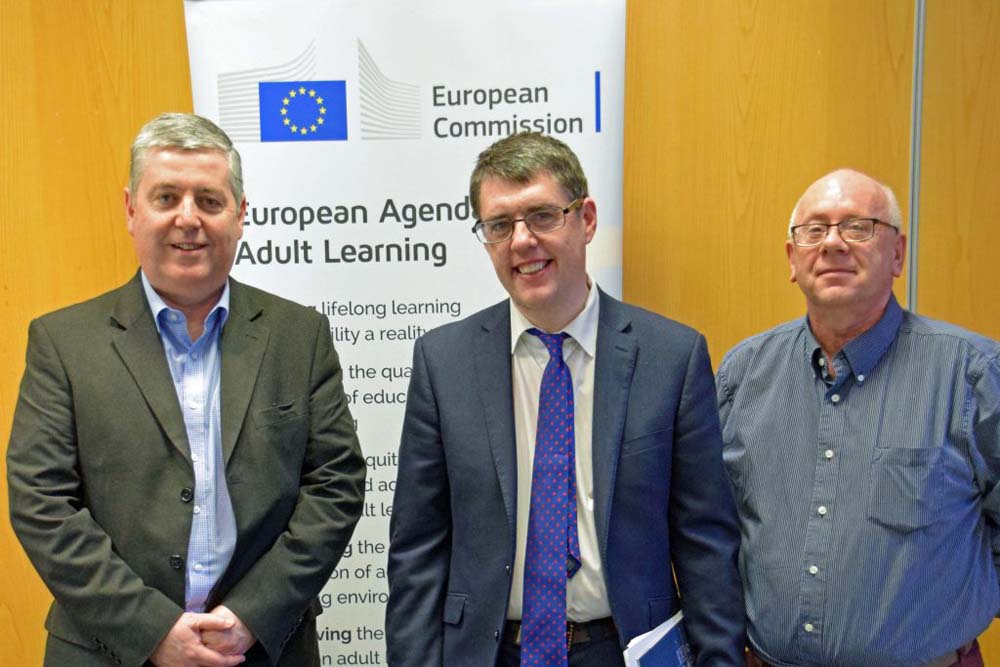



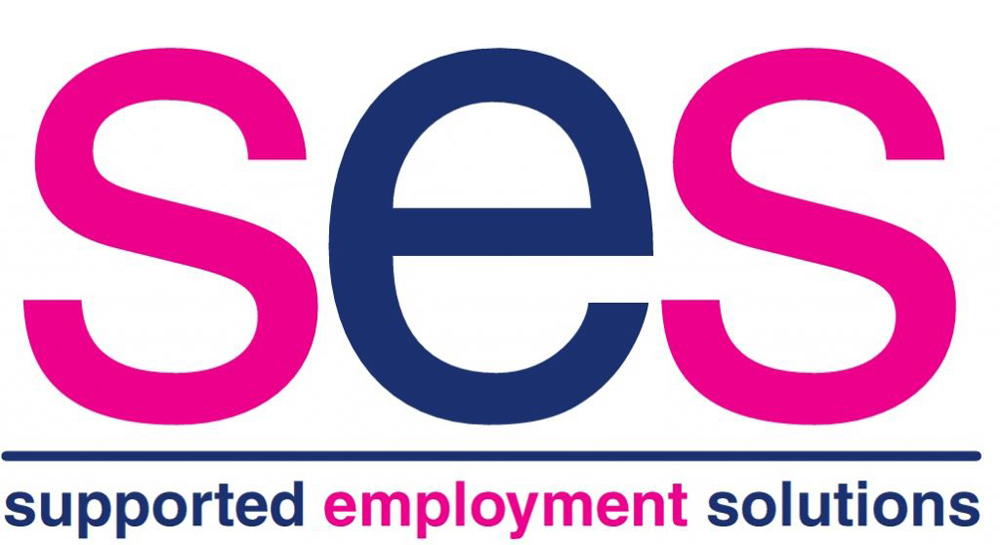
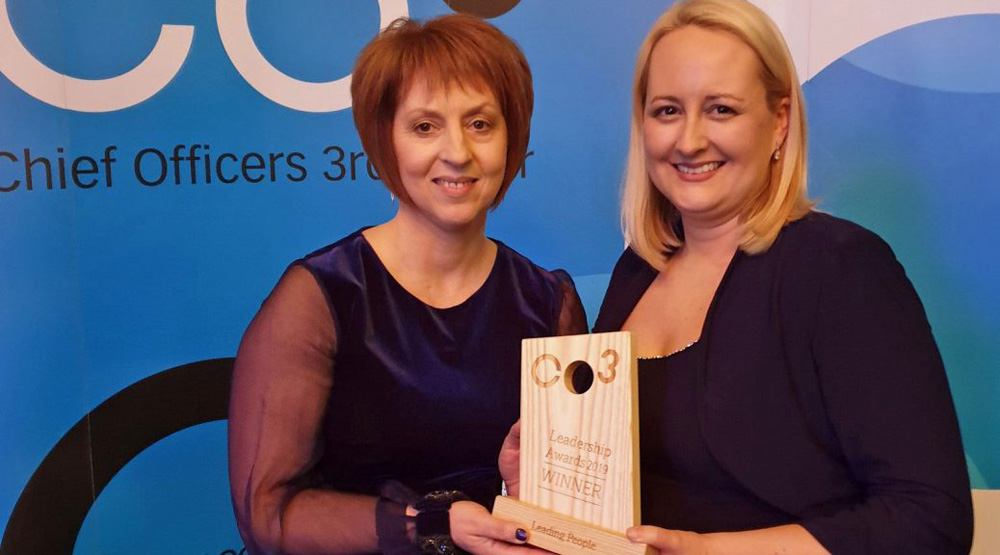
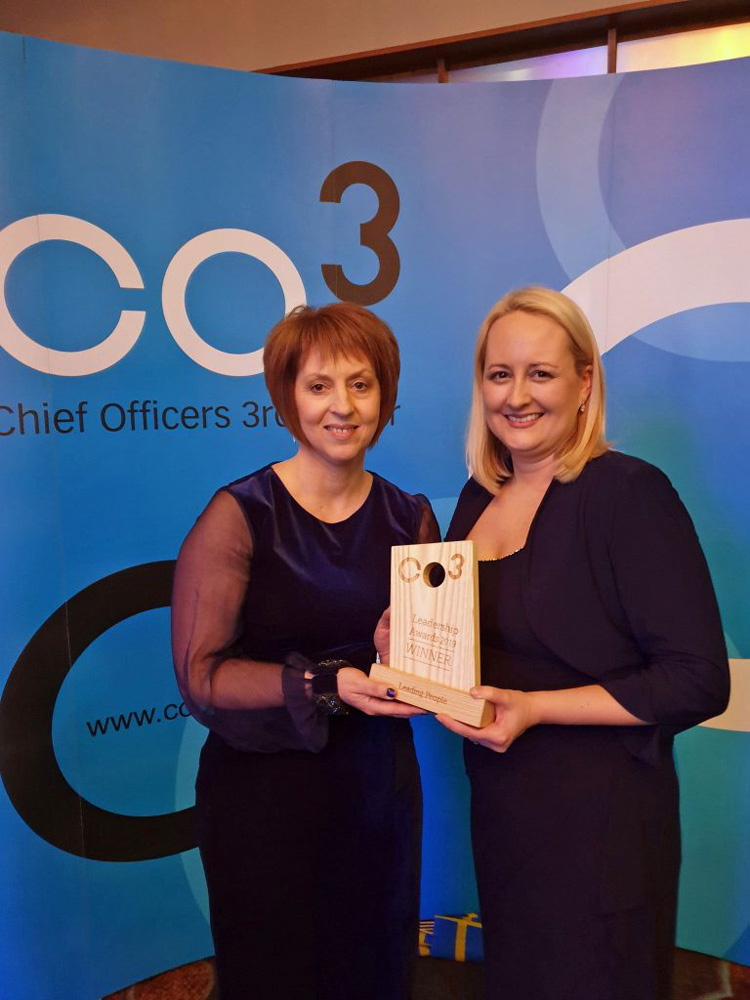 It is very fitting on International Women’s Day, that we can announce our Head of Operations – Audrey Allen has won “The Leading People Award” at last nights CO3 Leadership Awards.
It is very fitting on International Women’s Day, that we can announce our Head of Operations – Audrey Allen has won “The Leading People Award” at last nights CO3 Leadership Awards.
